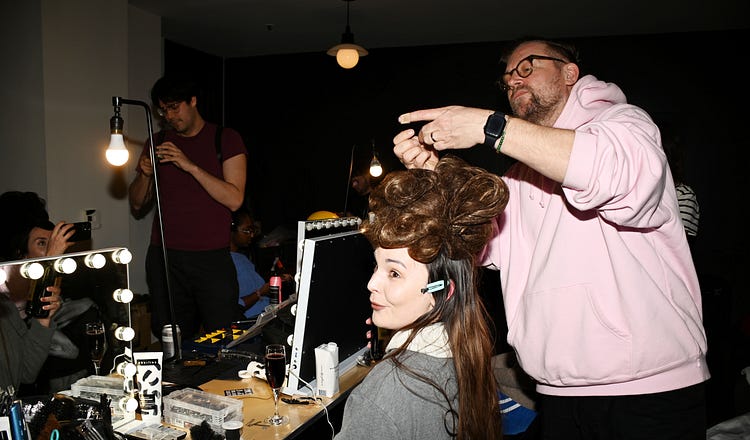Is Elena Velez the First ‘Post-Woke’ Designer?

Elena Velez getting ready for her salon-come-fashion show, inspired by Gone with the Wind. (Photo courtesy of Ava Perman)
Fashion’s new sensation is the Milwaukee-born daughter of a ship captain who says ‘the only way to be punk in 2024 is to have a component of dissent.’
131
Elena Velez, a 29-year-old fashion designer, knew she was poking the bear. In the lead-up to the debut of her latest collection at New York Fashion Week last Sunday, she struggled to find a makeup artist willing to paint her models’ faces. And she had a hard time landing sponsors to fund the event. At the last minute, about half of her guests canceled (…
Continue Reading The Free Press
To support our journalism, and unlock all of our investigative stories and provocative commentary about the world as it actually is, subscribe below.
$8.33/month
Billed as $100 yearly
$10/month
Billed as $10 monthly
Already have an account?
Sign In

